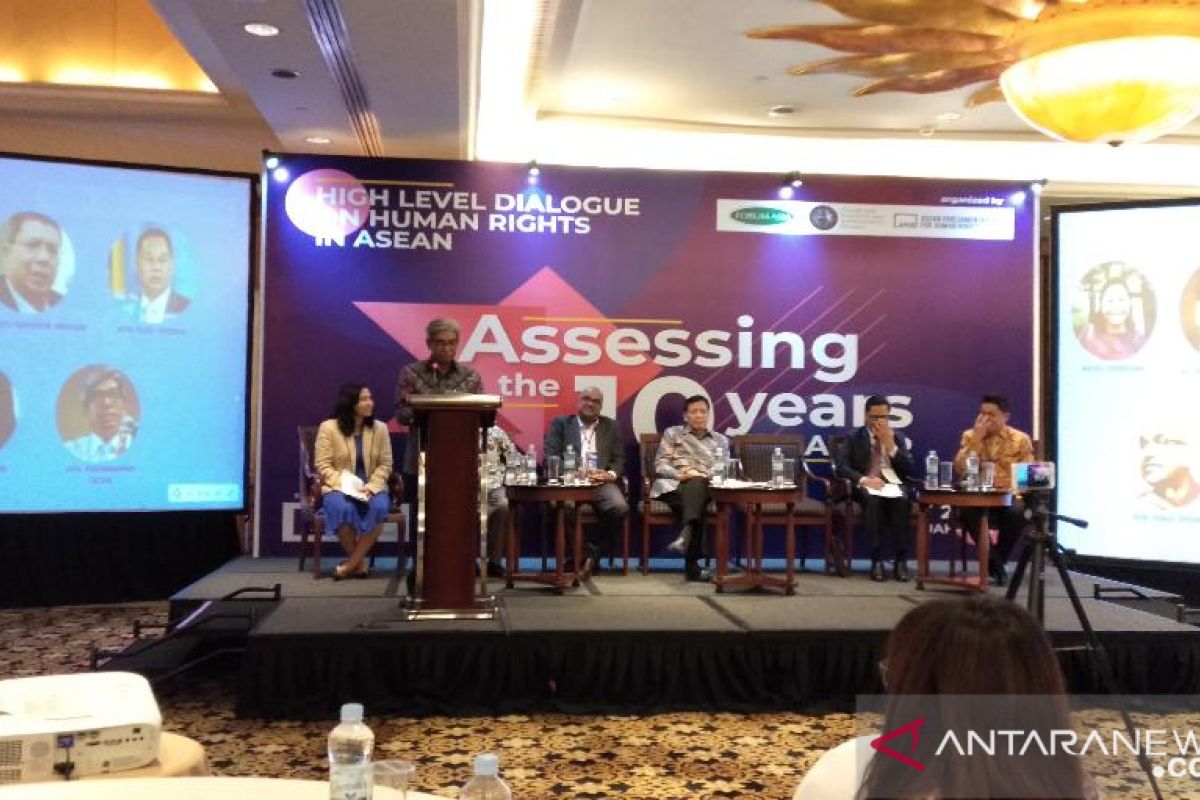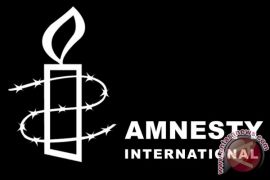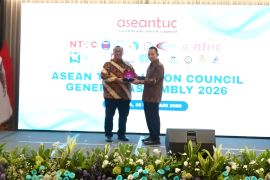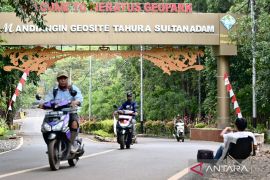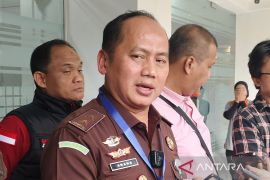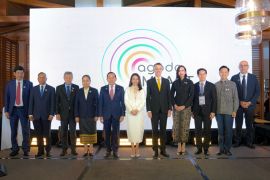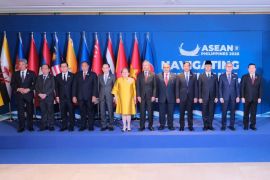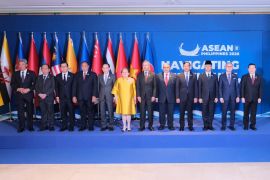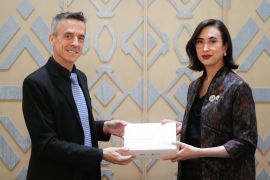The High Level Dialogue on Human Rights in ASEAN, organised by Asian Forum for Human Rights and Development (FORUM-ASIA), ASEAN Parliamentarians for Human Rights (APHR) and Centre for Strategic and International Studies (CSIS), voiced a grave concern about the ineffectiveness of AICHR to provide protection for the human rights of the peoples in Southeast Asia.
The meeting has called on the AICHR and ASEAN Member States (AMS) to significantly and meaningfully improve the human rights commission in order to strengthen its protection mandate so that it can truly benefit all peoples in the region.
From 2010 to 2018, AICHR had spent over six million USD conducting 121 activities approved by the AMS.
Unfortunately, these activities have not resulted in any significant improvement in the human rights situation on the ground, or for the peoples of ASEAN who need its protection.
Southeast Asia has faced frequent numerous human rights violations and abuses, ranging from the worst crimes against the Rohingya and other religious and ethnic minorities in Myanmar, to numerous enforced disappearances across the region, to extrajudicial killings in the Philippines, attacks on independent media, dissolution of the legal opposition, and the shrinking of civic space and freedom of expression in the region.
The human rights situation in the region is deteriorating, but all the issues remain unaddressed by AICHR.
Despite having protection-related provisions in its Terms of Reference (TOR) that can be creatively utilised to meaningfully address the situation, AICHR tends to succumb to the political will of ASEAN Member States.
The human rights commission chooses to hide behind the non-interference principle of ASEAN and to sideline the rule of law, democracy, and respect for fundamental freedoms.
This has resulted in the grave neglect of fulfillment human rights on the ground and continually resulted in the irrelevance of AICHR and ASEAN as a whole to address people's struggles.
it is evident that individually and collectively, the AICHR, AMS and ASEAN have failed to create or develop a viable human rights mechanism.
The mechanism is considerably weaker compared to those in Africa, the Americas, and Europe, which have the power to investigate and consider complaints.
The deputy foreign minister highlighted that the ASEAN Intergovernmental Commission on Human Rights (AICHR) should function autonomously to oversee stakeholders in connection with the promotion and protection of Human Rights (HAM).
The AICHR should work in line with three principles, the first being that the Commission should work single-handedly to oversee all stakeholders, including the government, for the promotion and protection of HAM in Southeast Asia, Indonesia's Deputy Foreign Minister A. M. Fachir stated at the Dialogue.
The second principle calls for an open and transparent mechanism in the selection of the AICHR membership.
AICHR's selection process and mechanism should be open and transparent, he affirmed.
The third principle emphasizes on the AICHR being the best in the Southeast Asian region in the protection of human rights.
The AICHR's works must mirror the aspects and dimensions of Human Rights. The AICHR also has the opportunity to utilize its potential to forge cooperation with other stakeholders, he stated.
The AICHR is an ASEAN regional human rights institution tasked with promoting and protecting human rights in the ASEAN.
Fachir reiterated that the AICHR should not only be contributing to protecting human rights in the Southeast Asian region but also playing a broader role in promoting international peace.
Indonesia will back the AICHR to collaborate with all stakeholders at the regional and international scale, he affirmed.
Meanwhile, Indonesian representative for the ASEAN Intergovernmental Commission on Human Rights (AICHR) Yuyun Wahyuningrum noted that the ASEAN community should uphold the dignity and rights of those falling victims to human rights violations as its core value.
If the ASEAN is concerned about human rights and democratic norms, its member nations must act in tune with their commitment outlined in the ASEAN 2025 blueprint: Forging Ahead Together," Yuyun Wahyuningrum remarked..
ASEAN nations should thereafter seeks ways to offer restitution, compensation, and rehabilitation.
Moreover, the ASEAN community should make assurance of no further cases of violation of human rights in backing the judiciary and non-judicial measures to resolve such matters pertaining to violations, Wahyuningrum explained.
During the same event, Eric Paulsen, the Malaysian representative for AICHR, laid emphasis on the fact that ASEAN nations should together advance and uphold the protection of human rights.
"f you are looking to venture ahead at a fast pace, then do so on your own. However, if you envision going far, then go together," he pointed out.
He noted that the fate of ASEAN nations is closely interlinked.
The ASEAN's future will become brighter if all collaborate to realize socio-economic development, peace, and security as well as uphold human rights, he noted.
"In the ASEAN, we are upbeat that through our efforts, we would be able to boost the mandate of promotion and protection of human rights," he stated.
As stipulated in the AICHR terms of reference Article 1, the AICHR's goals are to promote and protect human rights and fundamental freedom of the people of ASEAN; uphold the rights of the bloc's people to live in peace, dignity, and prosperity; contribute to realizing the ASEAN goals; promote human rights by taking into account national and regional specificities; boost regional cooperation to back efforts at the national and international scale; and uphold the international standard of human rights as specified in the Universal Declaration of Human Rights, the Vienna Program of Action and Declaration, as well as in international instruments of human rights.
Ten years of silence is enough. If the AICHR would like to be relevant to the struggle of the peoples of Southeast Asia and merit to be called a human right commission, it needs to make major institutional changes, and take genuine steps towards the promise behind its creation.
Editor: Fardah Assegaf
Copyright © ANTARA 2019
